- File a 1099-NEC form if you paid an independent contractor $600 or more during the tax year for services.
- Submit Copy A of the 1099-NEC to the IRS by January 31, and ensure that Copy B is provided to the contractor by the same deadline.
- Use the correct 1099 form based on the payment type, such as 1099-NEC for contractors or 1099-MISC for other types of income.
- Do not file a 1099 for contractors registered as corporations or for regular employees (use W-2 for employees).
- Do not file a 1099 for contractors hired through freelance marketplaces like Upwork or Fiverr, as these platforms handle tax reporting for you.
Are you struggling to understand the proper way to file taxes for your independent contractors?t can be difficult to manage the complexities of tax forms and deadlines. One key form you need to be aware of is the 1099 form, which plays a critical role in reporting payments made to non-employees.
Filing this form correctly is essential for staying compliant and avoiding penalties. But how do you ensure you're doing it right? The 1099 form simplifies the process by documenting the income paid to contractors, helping you meet tax obligations and avoid potential IRS issues.
Understanding the ins and outs of filing this form will save your business both time and money. In this blog, we’ll walk you through the essentials of filing the independent contractor tax form, helping you stay compliant while managing contractors effectively.
What is an Independent Contractor?
An independent contractor is a self-employed individual who provides services to a business under a contract or agreement rather than as a permanent employee. Unlike employees, independent contractors have more control over how, when, and where they complete their work.
They typically work for multiple clients and are responsible for their own taxes, benefits, and business expenses. Businesses hire independent contractors for their expertise and flexibility, often for specific projects or short-term tasks.
What is the Proper Way to File Income Tax for Your Independent Contractor?
To properly file income tax for your independent contractor, you must first issue Form 1099-NEC if you paid them $600 or more during the tax year. This form reports the payments made to the contractor. Be sure to submit it to the IRS and provide a copy to the contractor by the required deadline, typically January 31st.
The contractor will then use this information to report their earnings on their own tax return. As an employer, ensure you keep accurate records of all payments and taxes to avoid penalties and ensure compliance with IRS requirements.
How Independent Contractors Should Handle Tax Payments?
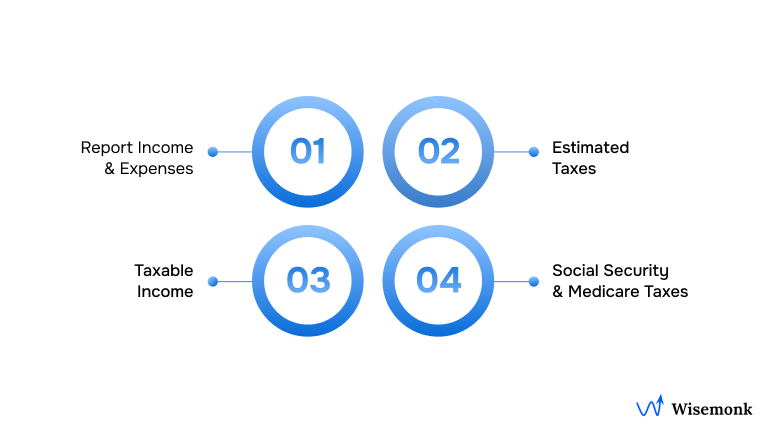
As an employer working with independent contractors, understanding their tax responsibilities is essential for ensuring compliance and avoiding potential issues. Here’s an overview of how independent contractors should handle tax payments:
- Report Income and Expenses: Independent contractors are typically treated as sole proprietors or single-member LLCs. They must report all income and expenses on Schedule C of Form 1040 or Schedule E if there are profits or losses from rental properties.
- Estimated Taxes: Contractors are required to pay estimated taxes quarterly using Form 1040-ES. This helps avoid penalties when the tax year ends.
- Taxable Income: Contractors pay taxes on their net income (earnings minus business expenses), not their gross earnings. As an employer, it's important to ensure they understand that deductible business expenses can reduce their overall tax obligations.
- Social Security and Medicare Taxes:
- 12.4% for Social Security on the first $168,600 of net income.
- 2.9% for Medicare taxes on all net income.
- An additional 0.9% Medicare tax applies to self-employment income exceeding certain thresholds:
- $125,000 if married, filing separately.
- $200,000 for other statuses.
- State Sales Taxes: Certain contractors must pay state sales taxes based on the products or services they provide, varying by state regulations.
What is Form 1099?
Form 1099 is an "information filing form" used to report non-salary income to the IRS for federal tax purposes. It is commonly used by businesses to report payments made to independent contractors and other non-employees. The most widely used variant is Form 1099-NEC, which is specifically for reporting payments of $600 or more to independent contractors within a tax year.
- Threshold for Filing: For the 2024 tax year, businesses must file Form 1099-NEC if payments to an independent contractor exceed $5,000 under a temporary phase-in rule, with the $600 threshold applying in other years.
- Other Types of 1099 Forms: While the 1099-NEC is typically used for independent contractors, there are other 1099 forms for reporting income such as dividends, interest, prize winnings, and more.
Small business owners must accurately file Form 1099-NEC to report payments to contractors and comply with IRS regulations.
Who is Required to File a 1099 Form?
A 1099 form must be completed by any business or individual that has paid an independent contractor or non-employee $600 or more during the tax year. This includes payments for services, rent, or other income types, ensuring compliance with IRS reporting requirements.
Step-by-step Guide to filing a 1099 form?
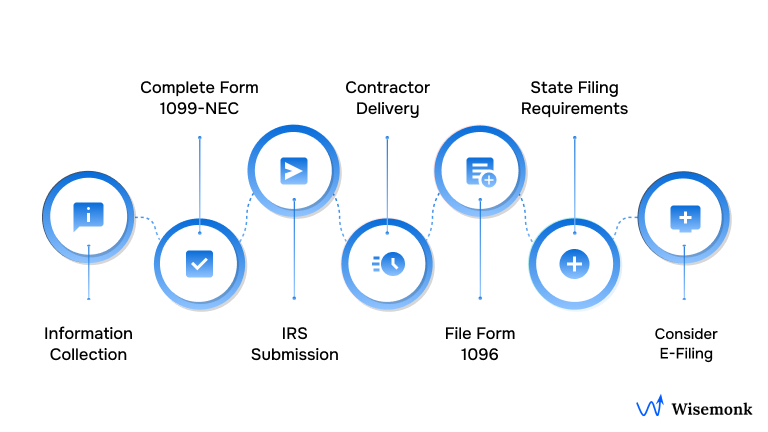
Filing a 1099 form is essential for reporting payments to independent contractors. Here’s a simple, step-by-step guide to help you complete the process accurately and on time.
- Gather Required Information:
Collect details from your independent contractor, including:- Total payments made during the tax year
- Legal name, address, and taxpayer identification number (TIN), typically provided on Form W-9.
- Complete Form 1099-NEC:
Fill out Form 1099-NEC with the contractor’s payment information. - Submit Copy A to the IRS:
File Copy A of the 1099-NEC with the IRS by January 31. You can file electronically or by mail (if submitting physically, obtain physical forms). - Send Copy B to the Contractor:
Provide Copy B to the independent contractor by January 31. This can be sent via mail or electronically (with contractor consent). - File Form 1096 (if applicable):
If filing a paper copy, submit Form 1096 along with your 1099 forms by January 31. - State Filing Requirements:
Check if your state requires additional filing for 1099 forms. - Consider E-Filing:
For easier submission, consider using IRS e-filing services or compatible accounting software.
Following these steps ensures proper filing and compliance with IRS regulations for your independent contractors.
How to File a 1099 Form Online?
To file Form 1099-NEC online, follow these steps:
- Submit Copy A to the IRS:
Use the IRS FIRE (Filing Information Returns Electronically) system to e-file Copy A of the 1099-NEC. This requires compatible accounting software, and you'll need a Transmitter Control Code (TCC), which is a unique code issued by the IRS for e-filing purposes. Once you have the code, create an account on the FIRE system to submit the form electronically. No need for paper copies. - Send Copy B to the Contractor:
You can email Copy B to your contractor, but you must first obtain their consent. The consent should include:- Affirmation that if they don’t consent to electronic delivery, they’ll receive a paper copy.
- The scope and duration of the consent (e.g., agreeing to receive electronic copies for this year or every year).
- Instructions on how to request a paper copy, even if they consent to electronic delivery.
- Information on how they can withdraw consent at any time.
- Details on how to update their information with you.
- Description of the hardware and software needed to view and print the form.
- A date by which the form will no longer be available electronically.
- Consider Automated Services:
Payroll and HR management tools can simplify filing by automating consent collection and submission processes, reducing manual errors, and saving time.
E-filing simplifies the process, reduces paperwork, and ensures timely submission to the IRS.
What if Independent Contractors are Registered as Corporations?
In some cases, an independent contractor may be registered as a "C" corporation or an "S' corporation. In such instances, you are not required to file Form 1099 for that contractor.
To determine whether a contractor is incorporated, check the information on their Form W-9, which should be requested when hiring. Additionally, corporation names usually include “Inc.” at the end, indicating their registered status.
Why 1099 Forms Should Not Be Filed for Employees
The IRS strictly distinguishes between employees and independent contractors, and misclassifying workers can lead to serious penalties. If you treat someone as an employee, you are required to file a Form W-2 to report wages, tips, and other compensation.
Filing a 1099 for an employee instead can be viewed as an attempt to avoid paying Social Security and Medicare taxes, which could result in significant fines.
Read our detailed guide on "W-9 vs W-2: Key Differences Every Business Should Know" to get it right before filing.
Should 1099 Forms Be Filed for Contractors Hired Through Freelance Marketplaces?
No, Freelance marketplaces like Upwork or Fiverr do not require businesses to file 1099-NEC forms for contractors hired through their platforms. This is because these platforms are considered payment settlement entities. Contractors on these sites generally do not receive 1099-NEC forms from businesses they work for.
However, freelancers who earn more than $20,000 and have over 200 transactions on these platforms will receive a 1099-K form for tax reporting. For others, all necessary tax information can typically be accessed through their marketplace account.
Summing Up
Filing a 1099 form is an essential process for reporting payments made to independent contractors, and following the right steps ensures compliance with IRS regulations. By submitting the correct forms on time and obtaining the necessary consent, businesses can avoid penalties and streamline tax reporting. Whether filing electronically or by mail, understanding the requirements will save time and reduce administrative hassle. Ensure you're fully prepared for tax season by following these steps.
Hiring contract workers overseas can often be challenging due to complex legal requirements, varying tax laws, and the difficulty in managing remote teams across borders. Wisemonk offers a solution to these challenges, helping businesses hire, pay, and manage international contract workers seamlessly.
Their comprehensive services include Employer of Record (EOR), payroll management, compliance assurance, and IT support for remote teams, ensuring businesses operate efficiently without the need for local entities.
Ready to simplify your global hiring process? Get started today, explore our pricing options, and connect with us to see how we can help you scale your team effortlessly!
Frequently asked questions
What is the tax rate of a contract employee in the US?
The tax rate for contract employees depends on their income, with self-employment tax rates of 15.3%, including Social Security (12.4%) and Medicare (2.9%).
How are independent contractors taxed in the US?
Independent contractors in the US are taxed on their net income (earnings minus expenses) and are responsible for paying self-employment taxes (Social Security and Medicare).
Do independent contractors need to pay state taxes?
Yes, independent contractors must pay state taxes if applicable. State tax rates and requirements vary, so contractors should check local laws for specific obligations.
How do independent contractors file taxes?
Independent contractors file taxes using Form 1040, attaching Schedule C to report business income and expenses. They also use Form 1040-ES for estimated tax payments.
Do I need to send a 1099 to contractors who are corporations?
No, businesses are not required to file a 1099 for independent contractors that are incorporated (C-corporations or S-corporations), as they are considered separate legal entities.
What is the deadline for filing a 1099 form?
The deadline for filing Form 1099-NEC with the IRS is January 31. You must also provide a copy to the contractor by this date.
What are the new 1099-NEC rules for 2025?
Starting in 2025, businesses must file Form 1099-NEC only for independent contractors paid $2,000 or more in a year. The filing deadline stays January 31, and electronic filing is required if submitting 10 or more forms.
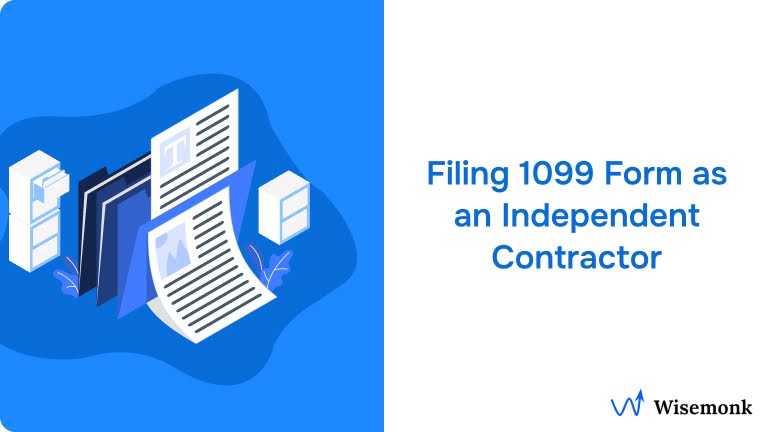

.webp)
.webp)

.webp)

.png)



.webp)
.webp)












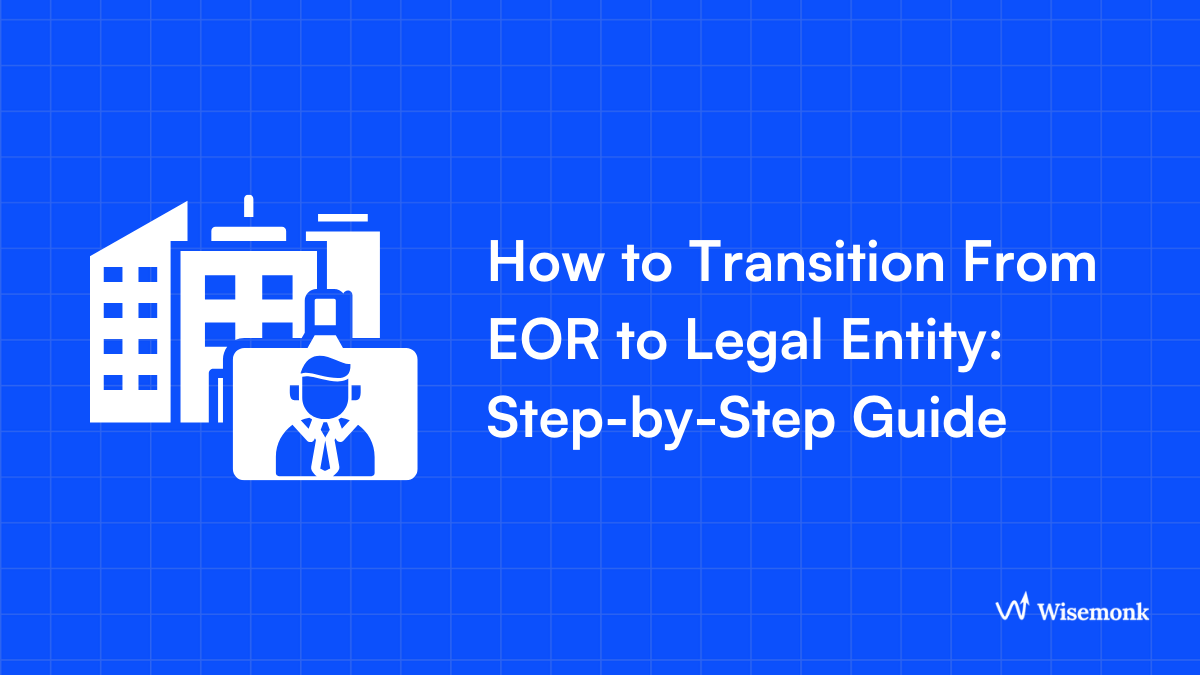
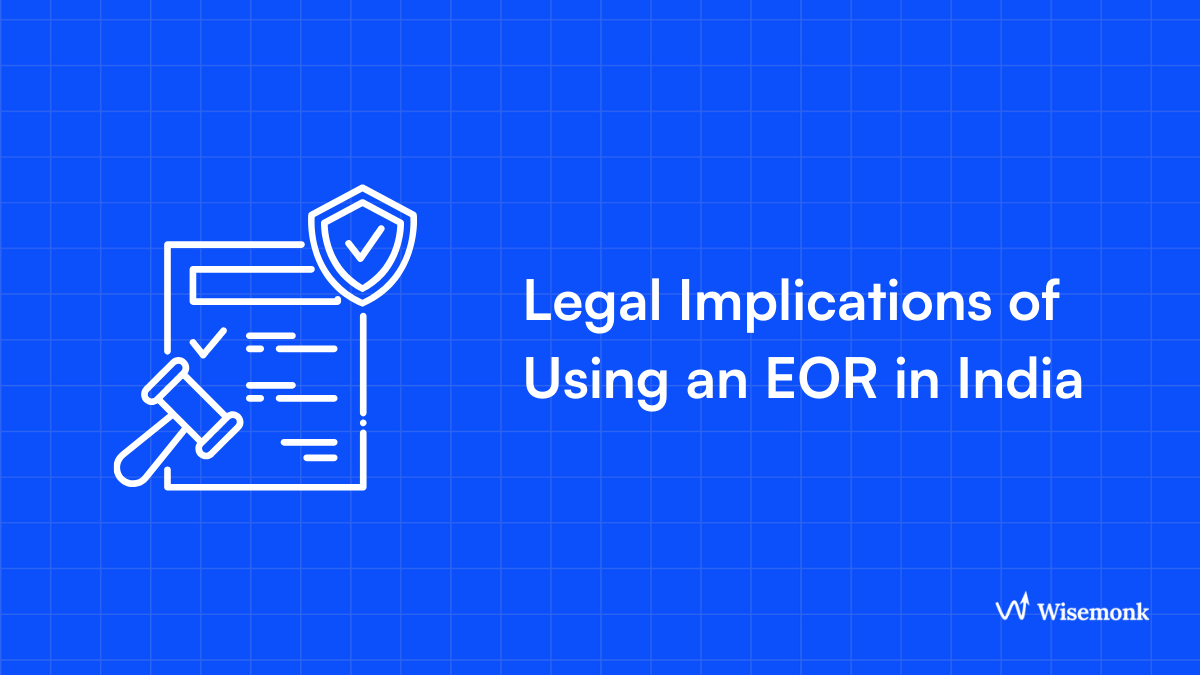
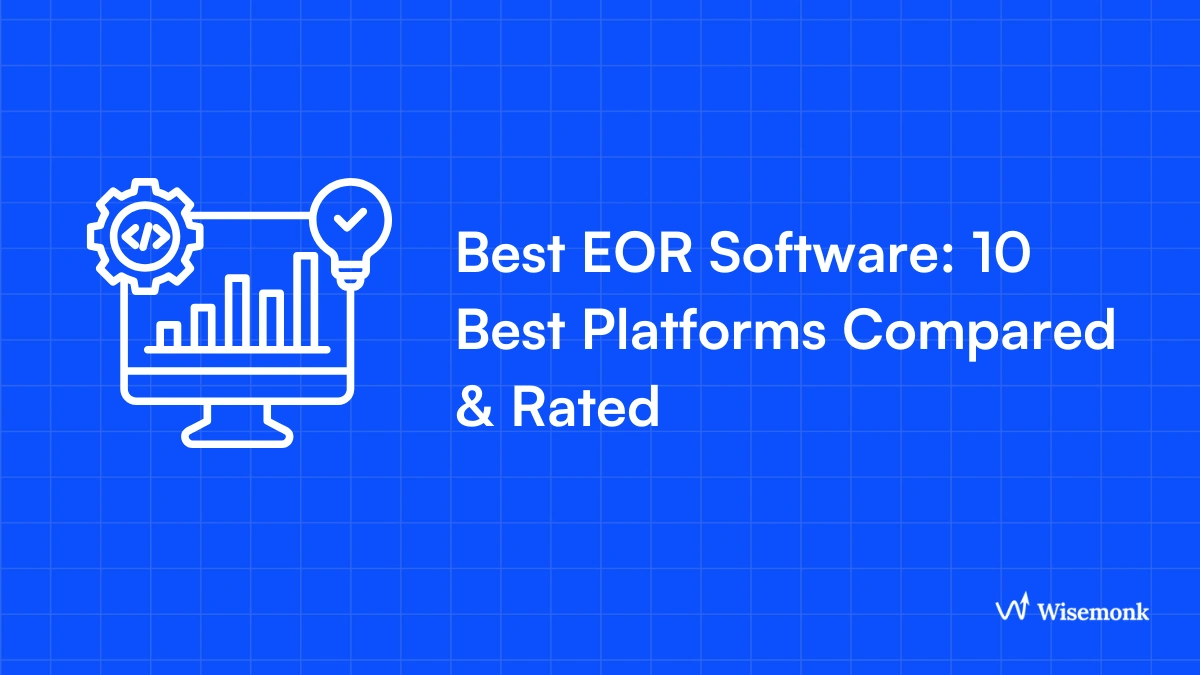
.webp)
.webp)
.webp)





.png)

.png)





.png)




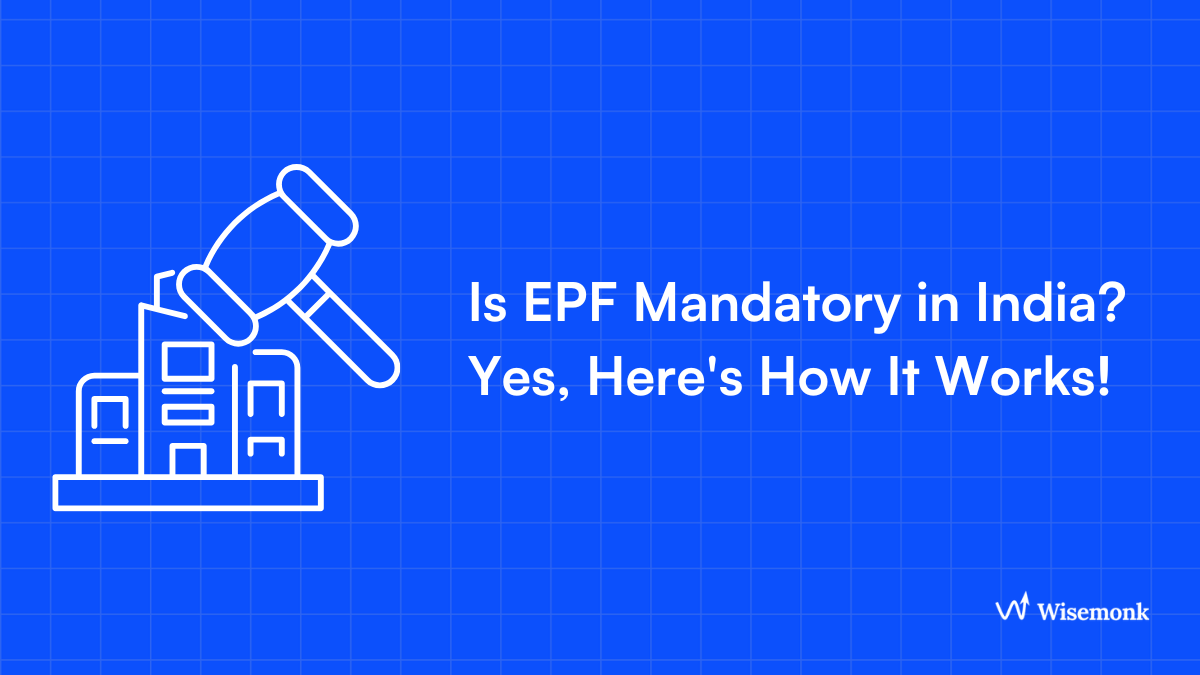
.webp)

%20in%20India.webp)


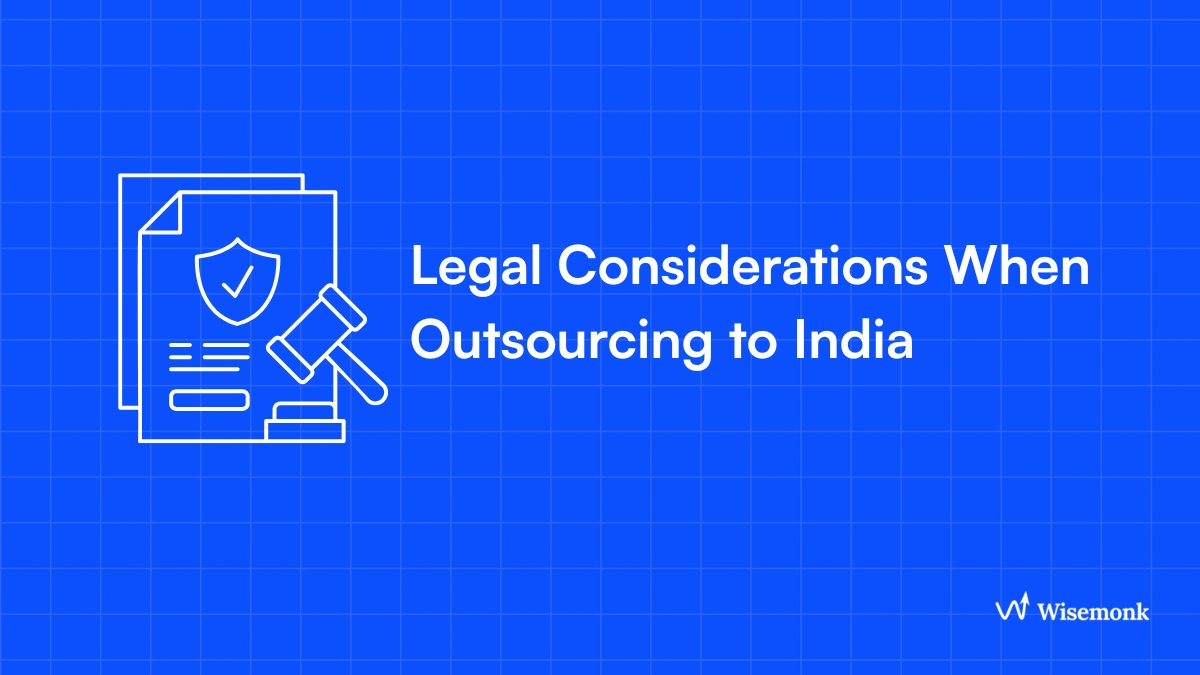




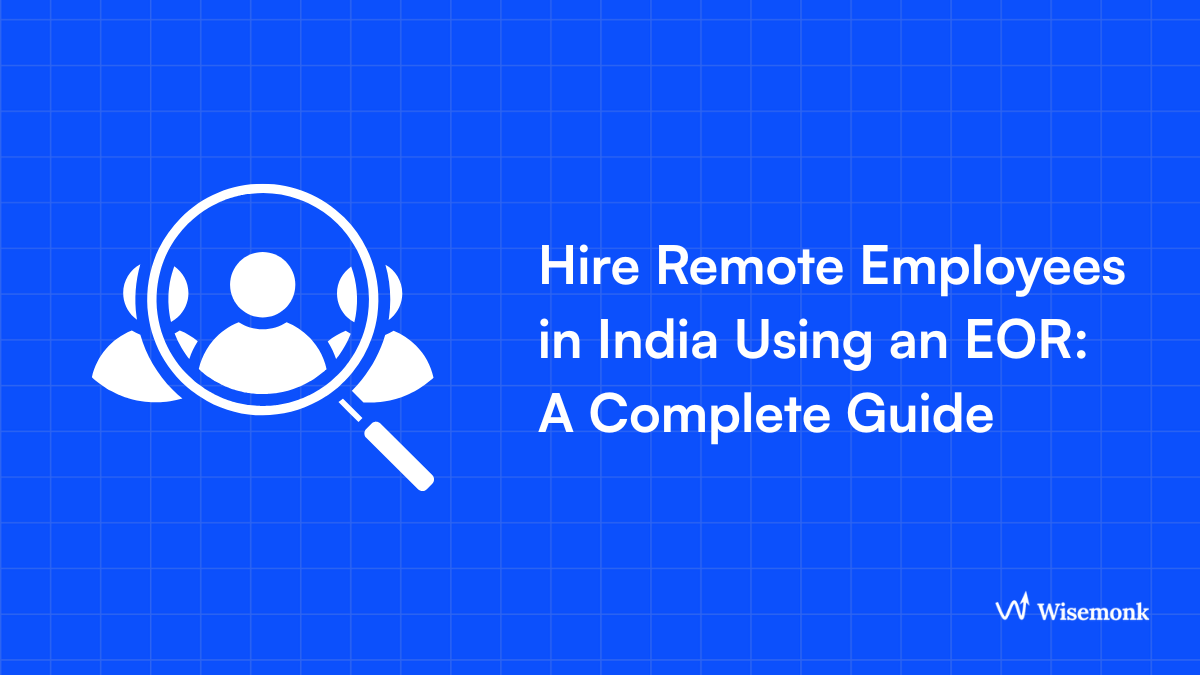



.webp)
.webp)
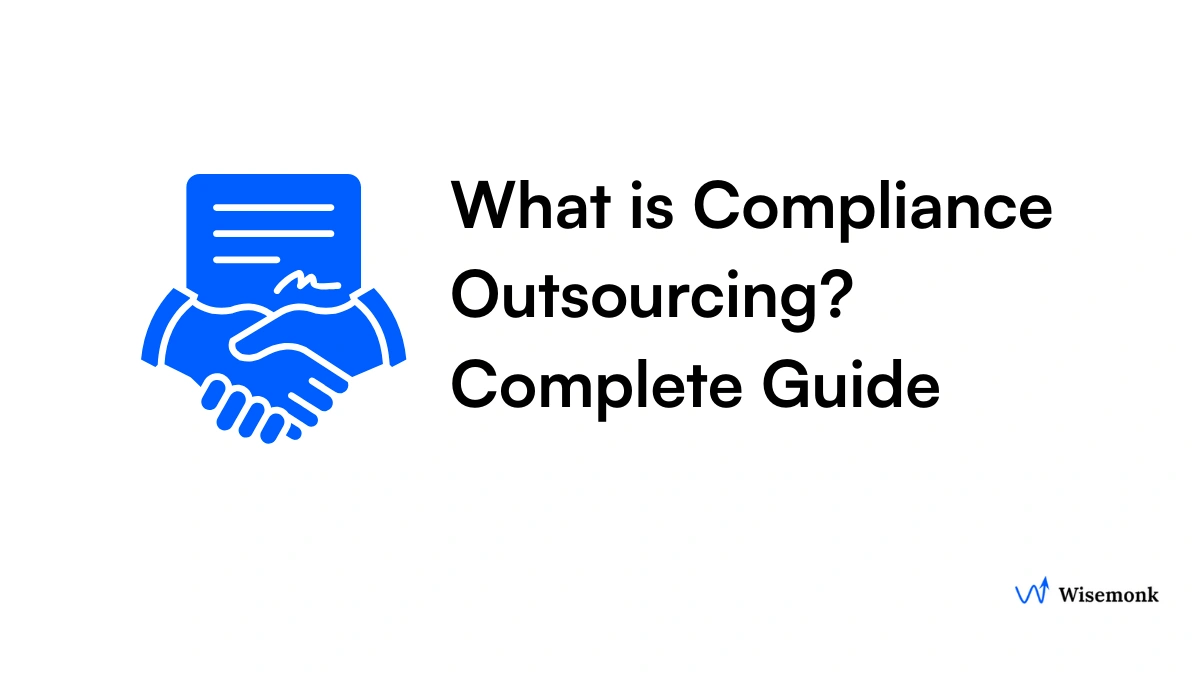


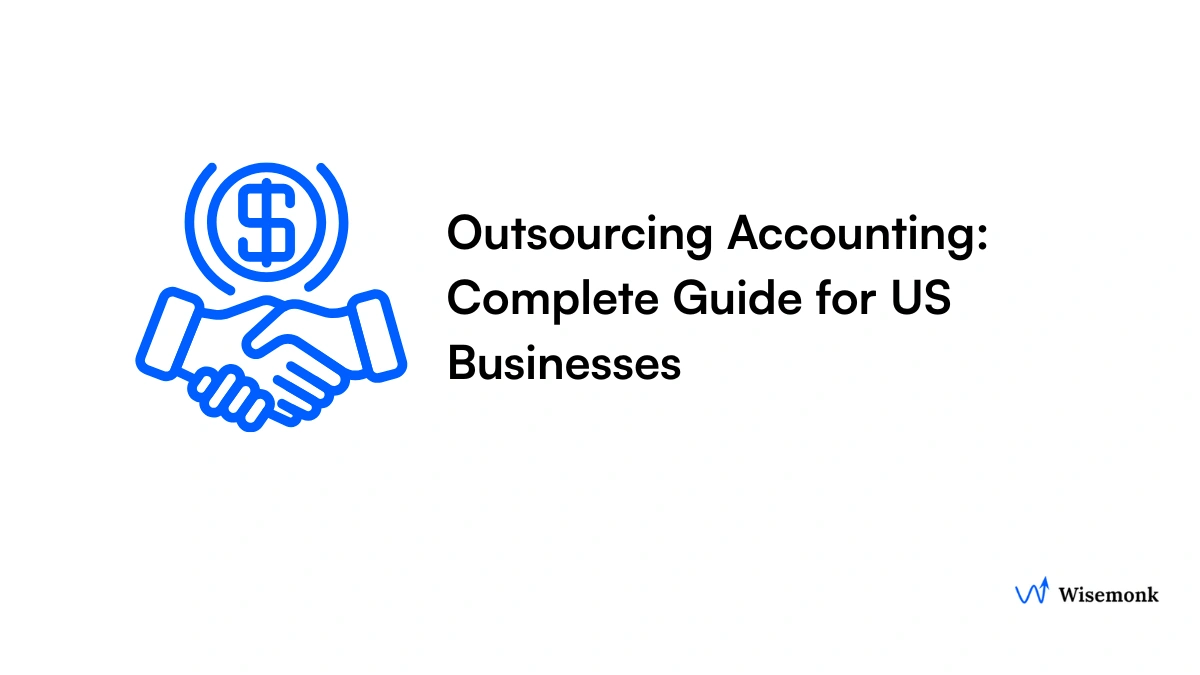
%20(3).webp)
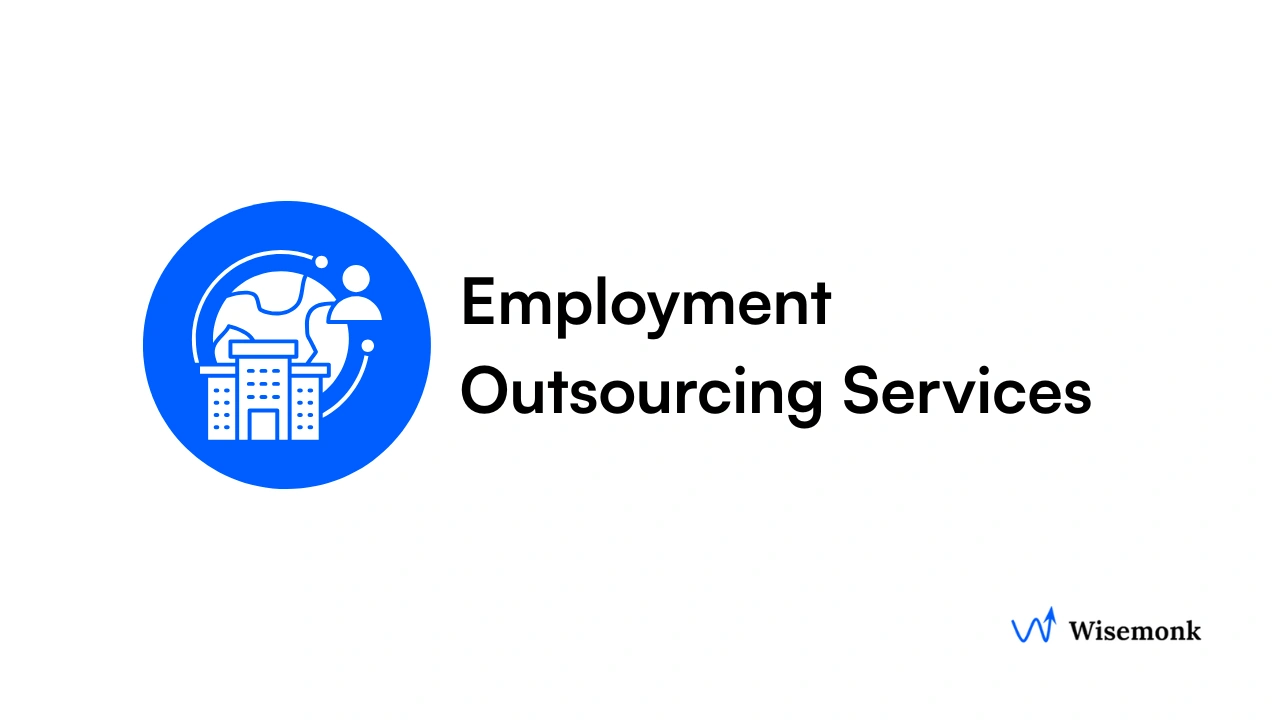
.webp)


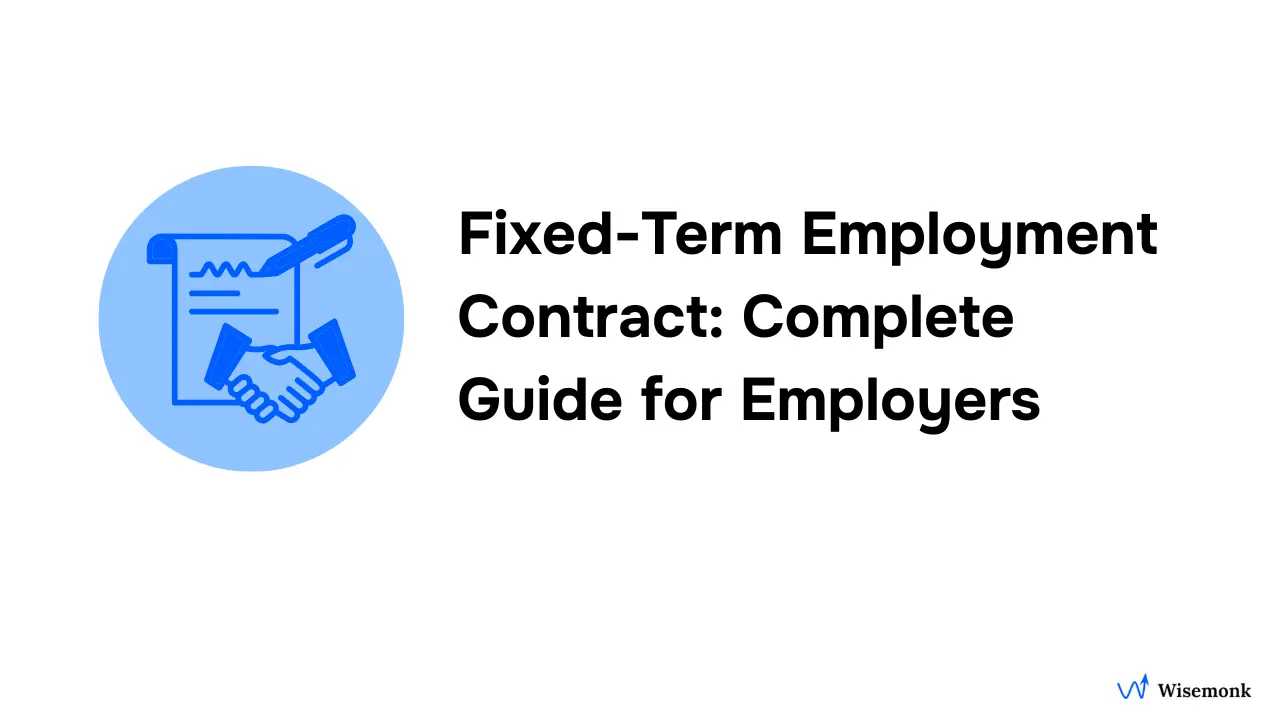
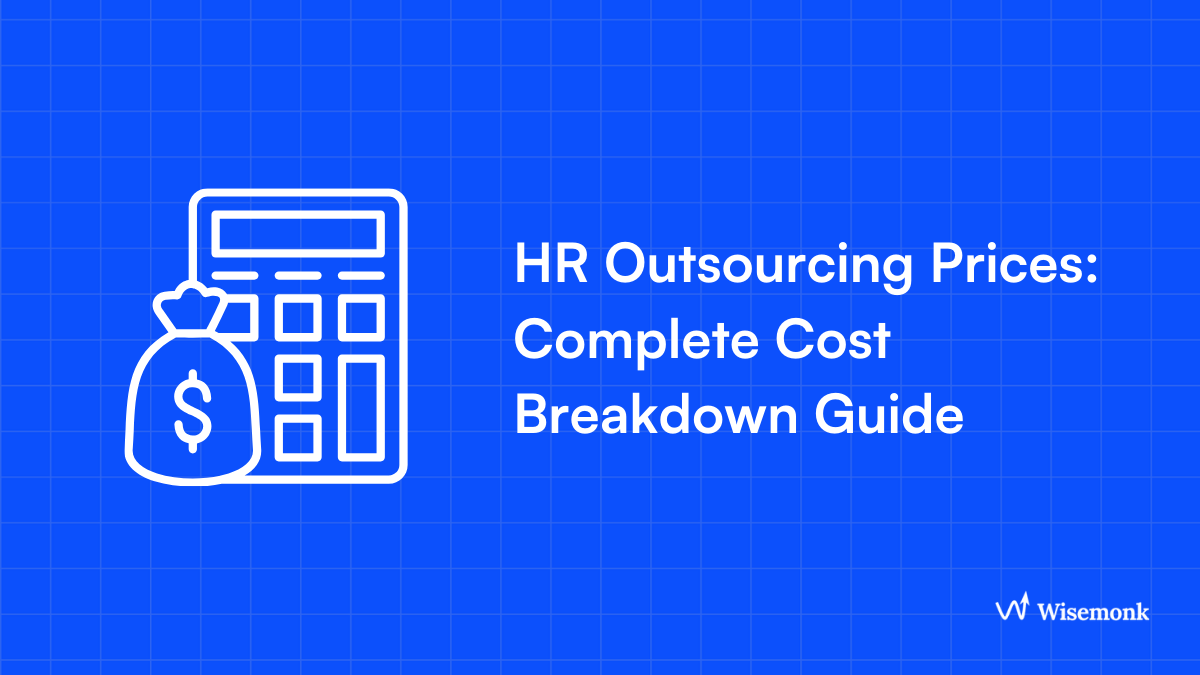
.webp)
.webp)
.webp)

.webp)


.webp)

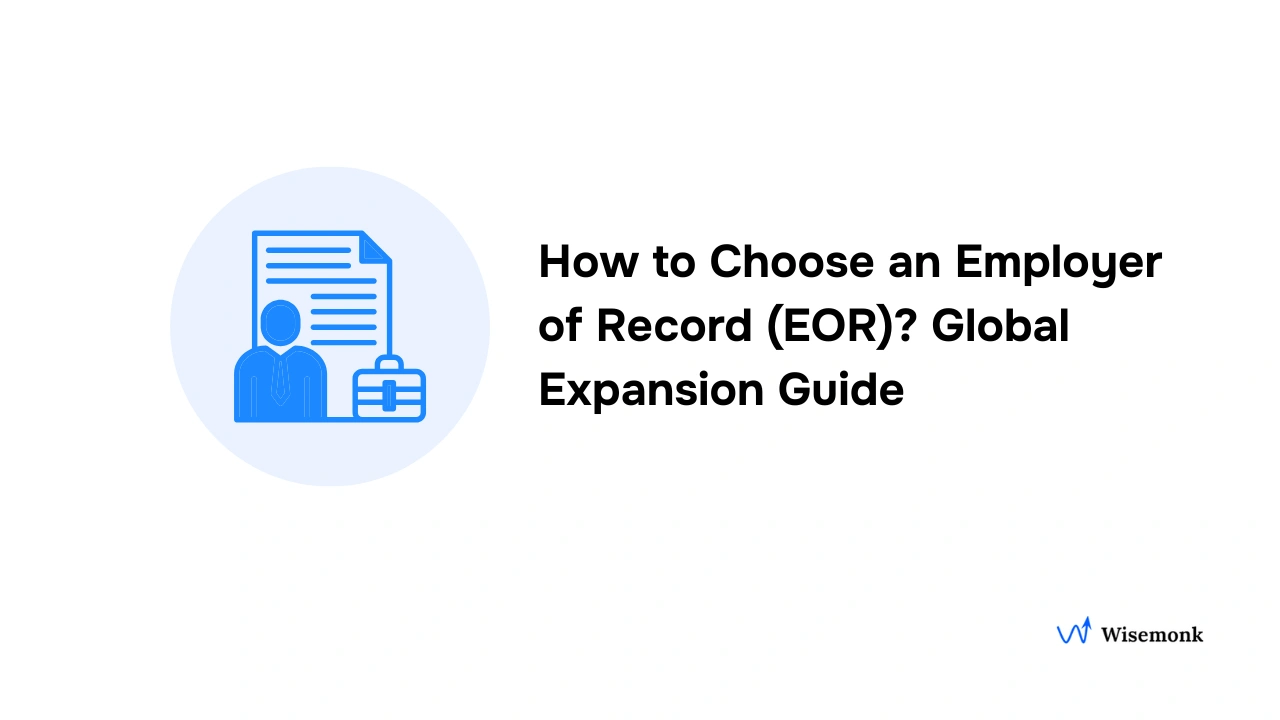
.webp)

.webp)
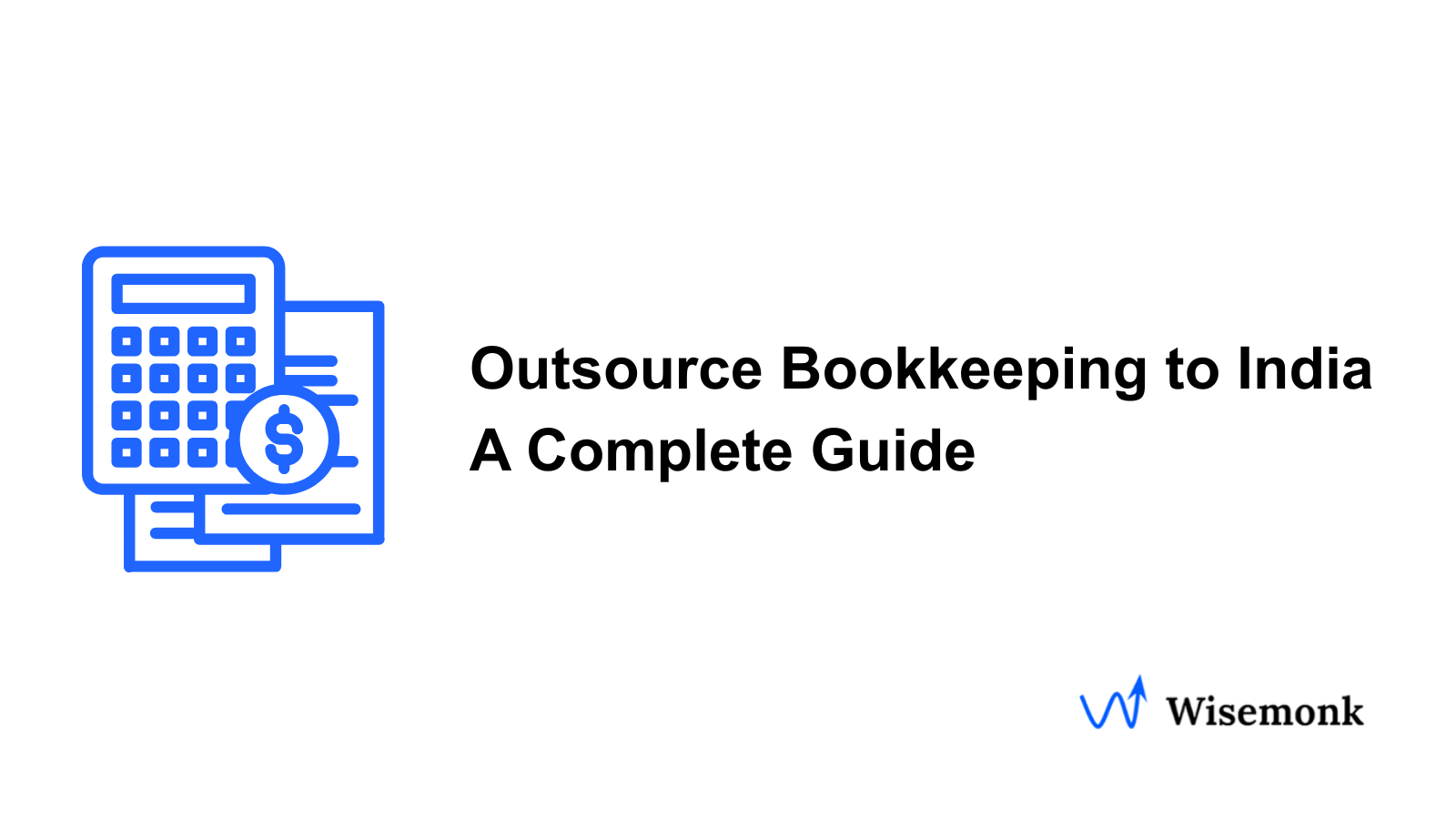
.webp)
.webp)
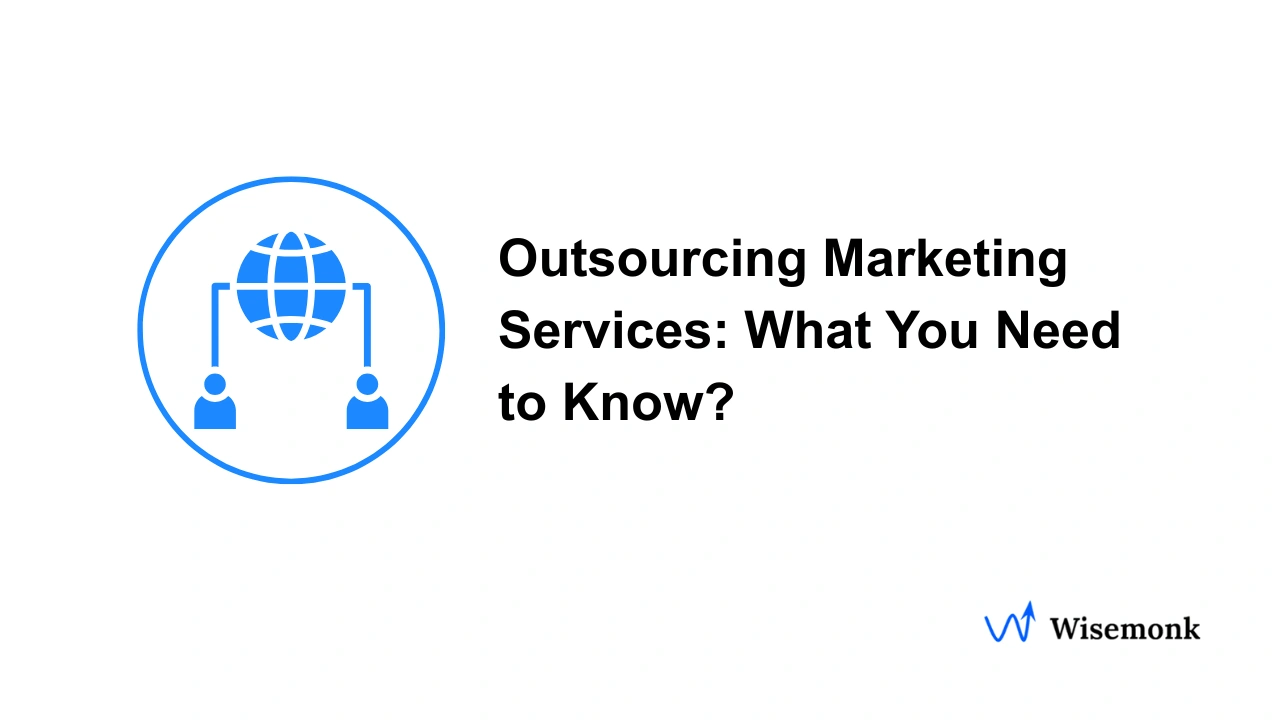

.png)
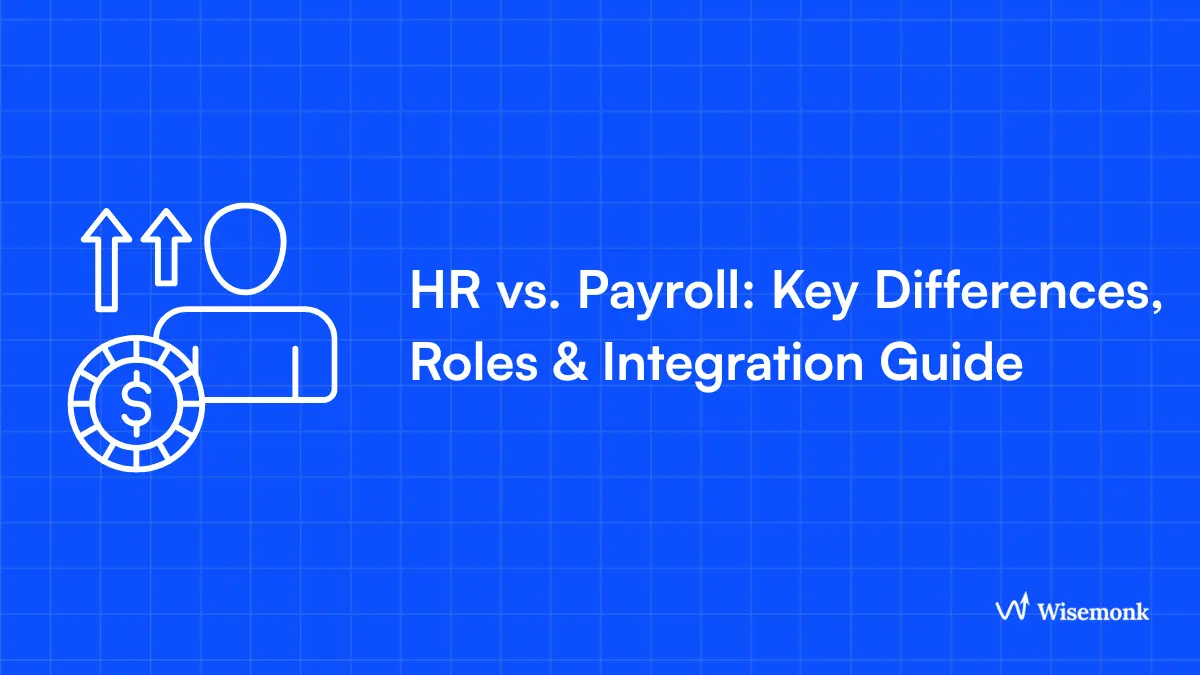

.webp)
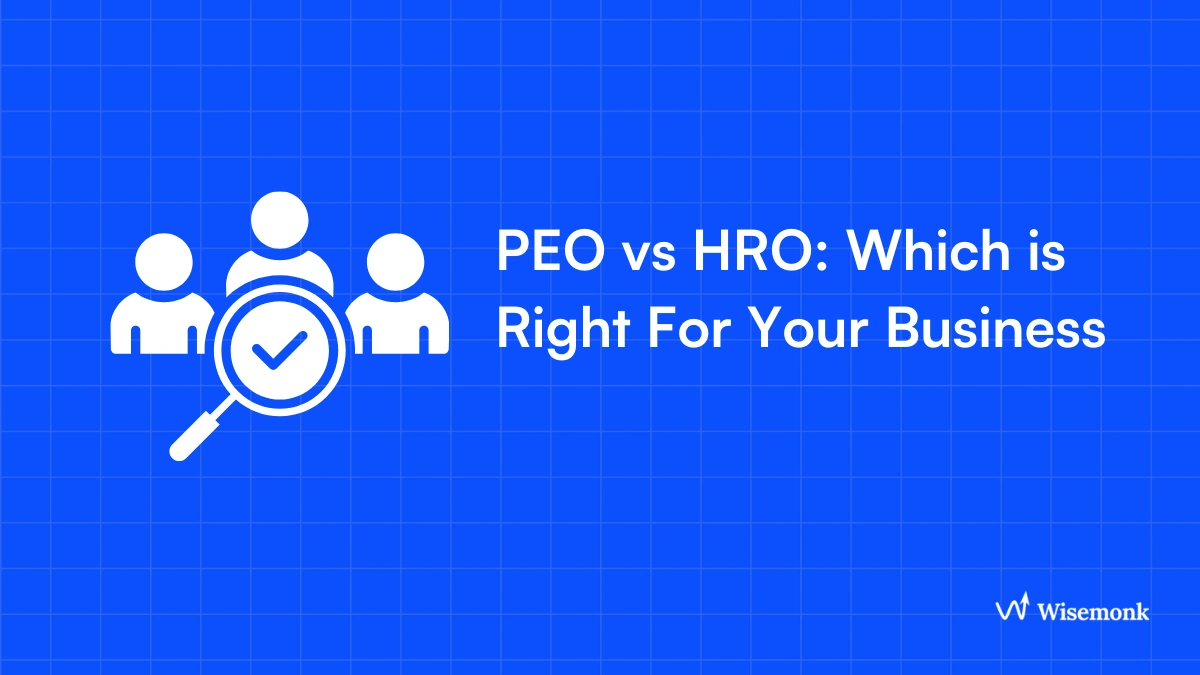
.png)